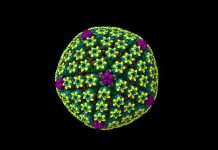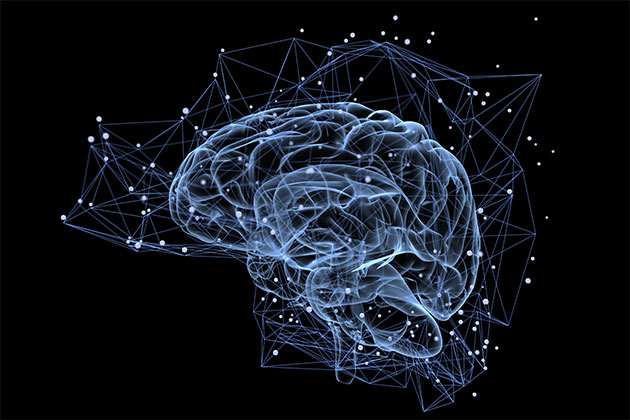Scientists have revived pigs brain four hours after its death and kept alive outside the body for several hours
Of all organs, brain is most susceptible to continuous supply of blood to meet its immense non- stop requirement of oxygen and glucose. Any disruption beyond few minutes is known to cause irreparable damage to the brain or even death of the brain. The cessation of activity in the brain or ‘brain death’ occurs when neural activity comes to a halt. This is fate of all life and is fundamental for legal and medical purposes for defining death; cessation of breathing or stopping of heart beats alone are not adequate.
Scientists have preserved and maintained cellular and histological features of brain after death by perfusion and chemical fixation. But the functions are not preserved. Rouleau N et al. in 2016 reported preservation of some functional capacity of brain. They showed patterns similar to living condition were elicited by temporal lobe structure of the preserved brain.
Things have moved bit further now.
As published on 17 April in Nature, scientists at Yale University have reported significant functional preservation. They successfully revived the disembodied brains of pigs four hours after the death of animals. Their technique restored important functions like cellular respiration, waste removal and maintaining the brain’s internal structures.
This research challenges the notion that brain death is final and questions the nature of death and consciousness and could very well be an advance in the direction of immortality.
Apparently, neuroscience is moving towards a point when brain could be revived after death and lifetime of information- experiences, knowledge and wisdom stored in the brain could be read out and one could live with the deceased person again. However this does not seem likely in foreseeable future.
Researchers at Alcor Life Extension Foundation in Arizona are working towards giving the dead a chance to live again by preserving the brain in liquid nitrogen at -300 degree using cryonic suspension technique which could allow thawing and reanimation in future when appropriate new technology is invented.
But, the biological brain per se may not be important for immortality because what really matters are the computations that are running on this. The mind is what brain does. The computational hypotheses (that it’s only the connections and interactions in the brain that makes a person who they are) offers a possibility for existing and living digitally by running as a simulation. There could be a functional version without the biological brain.
Blue Brain Project is actually attempting to build a full working simulation of a brain and aims to come up with the software and hardware infrastructure capable of running a brain simulation by 2023. The final product of this project would be a thinking, self aware mind living on computer. Possibly, even the ‘single unified experience’ called consciousness if it is an emergent property of vast neural population of the brain interacting in right way.
***
{You may read the original research paper by clicking the DOI link given below in the list of cited source(s)}
Source(s)
1. Vrselja Z et al 2019. Restoration of brain circulation and cellular functions hours post-mortem. Nature. 568. https://doi.org/10.1038/s41586-019-1099-1
2. Reardon S. 2019. Pig brains kept alive outside body for hours after death. Nature. 568. https://doi.org/10.1038/d41586-019-01216-4
3. Rouleau N et al. 2016. When Is the Brain Dead? Living-Like Electrophysiological Responses and Photon Emissions from Applications of Neurotransmitters in Fixed Post-Mortem Human Brains. PLoS One. 11(12). https://doi.org/10.1371/journal.pone.0167231
4. Alcor Life Extension Foundation https://alcor.org/. [Accessed April 19 2019]
5. Blue Brain Project https://www.epfl.ch/research/domains/bluebrain/. [Accessed April 19 2019]
6. Eagleman David 2015. PBS The Brain with David Eagleman 6 of 6 ‘Who Will We Be’. https://www.youtube.com/watch?v=vhChJJyQlg8. [Accessed April 19 2019]




































